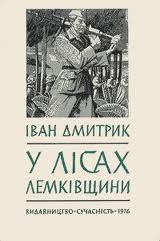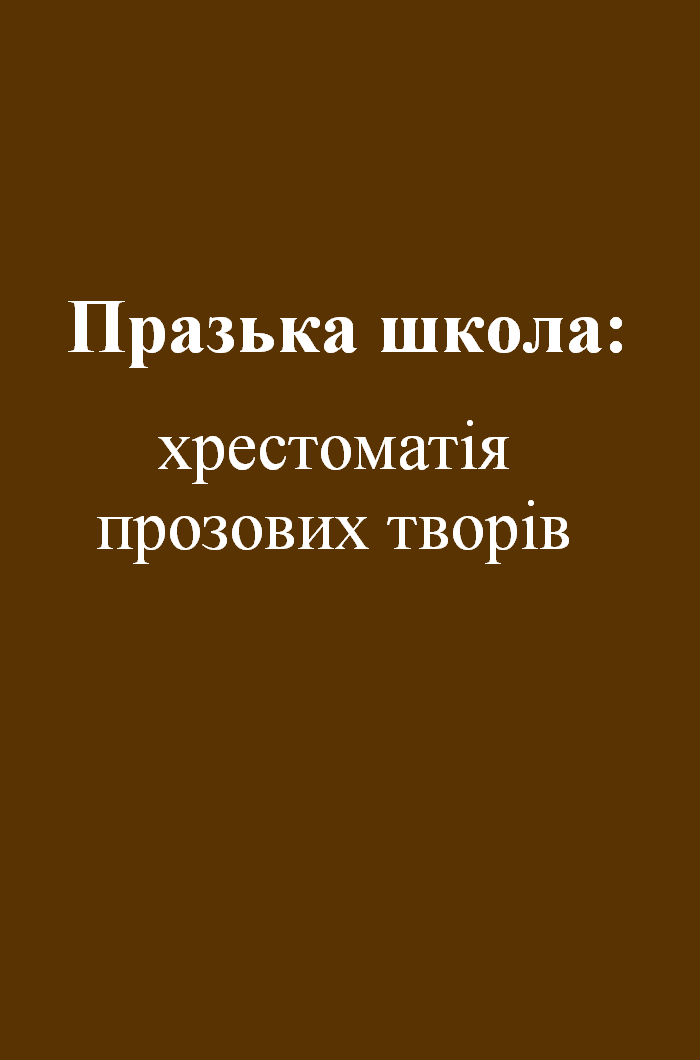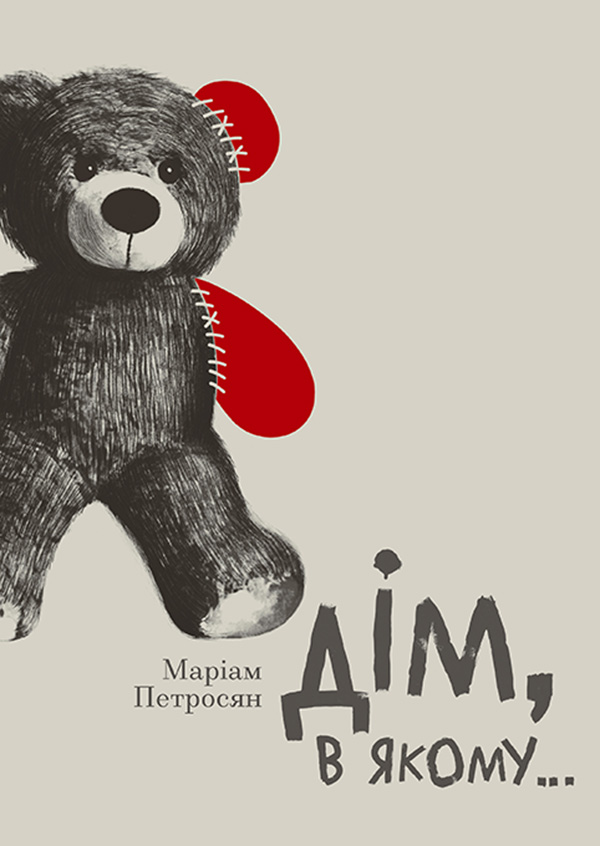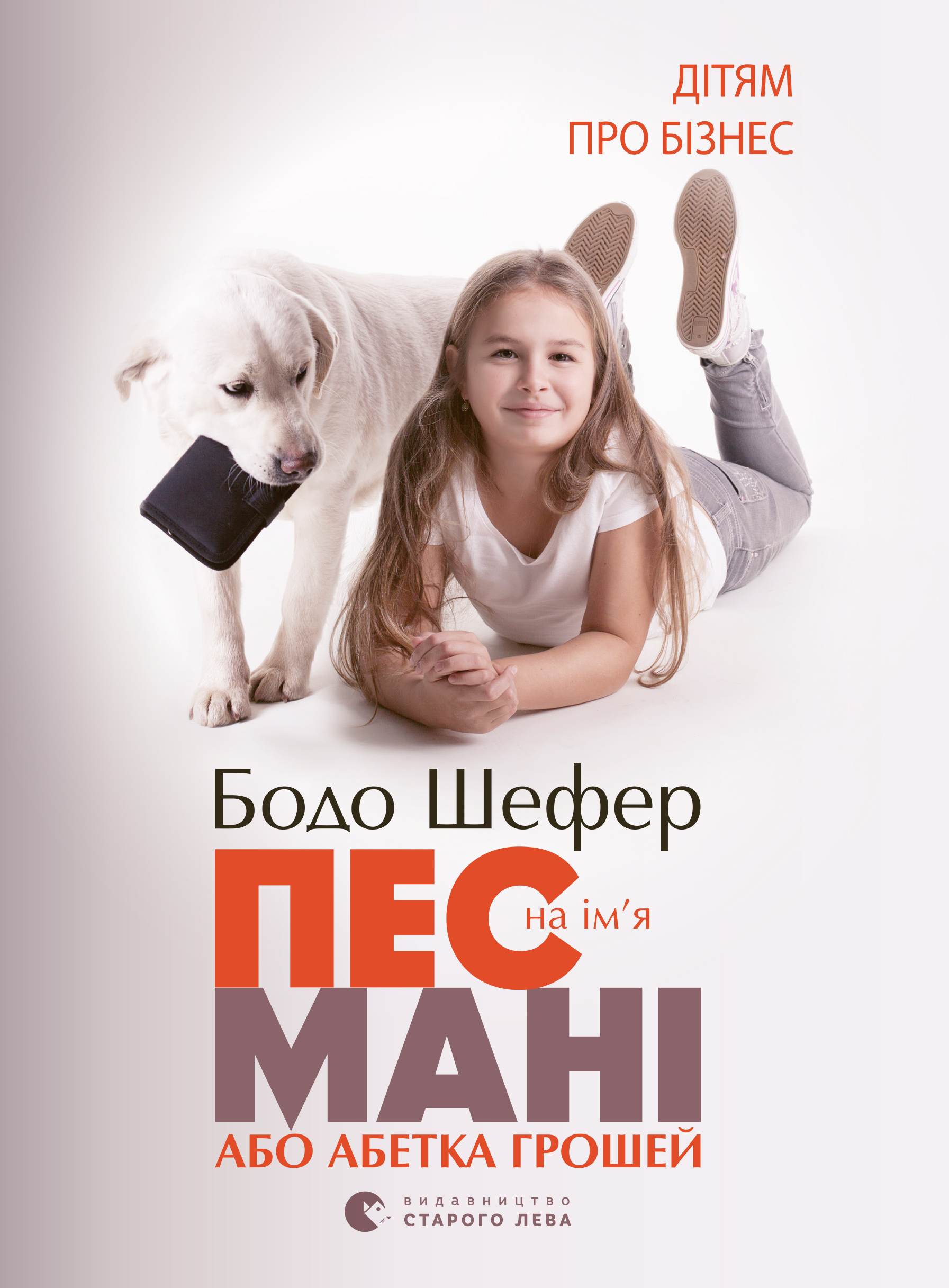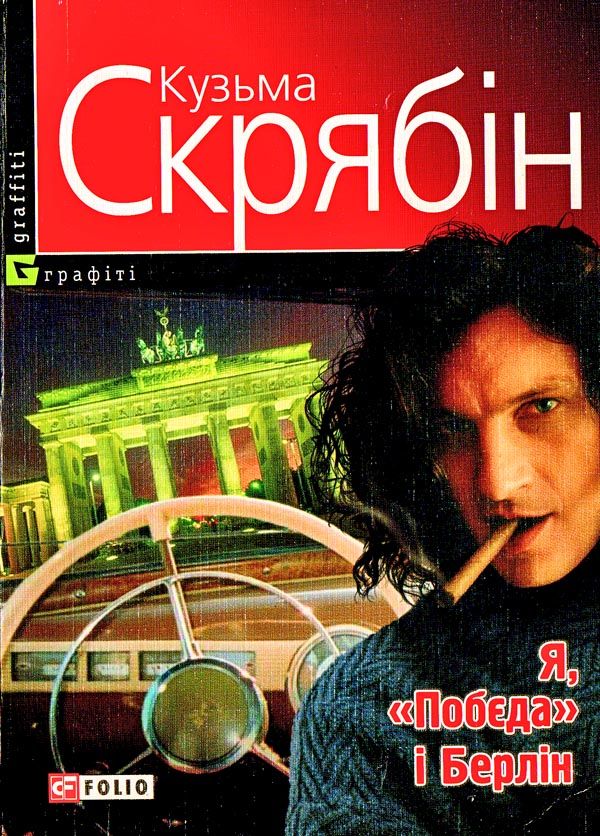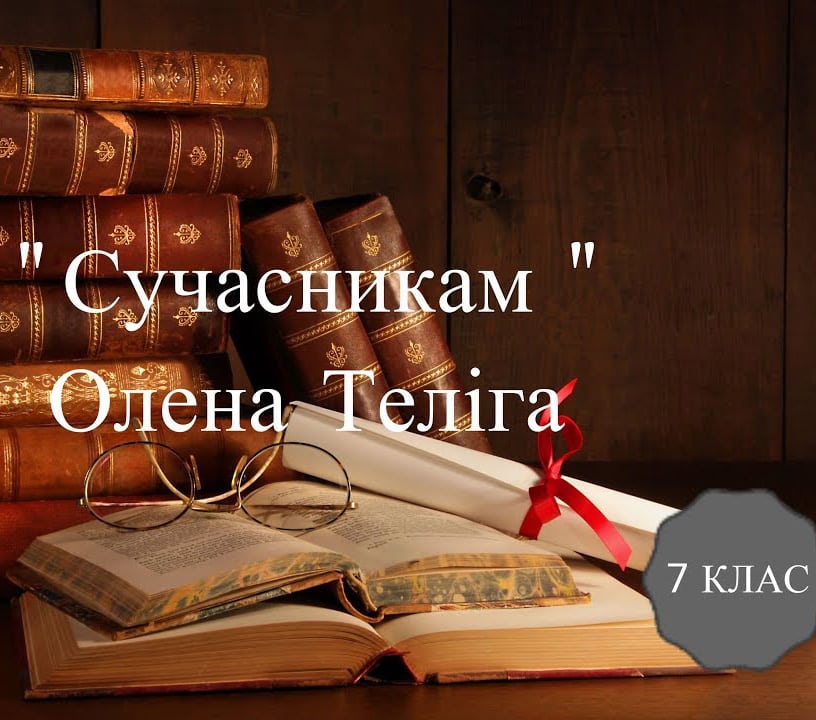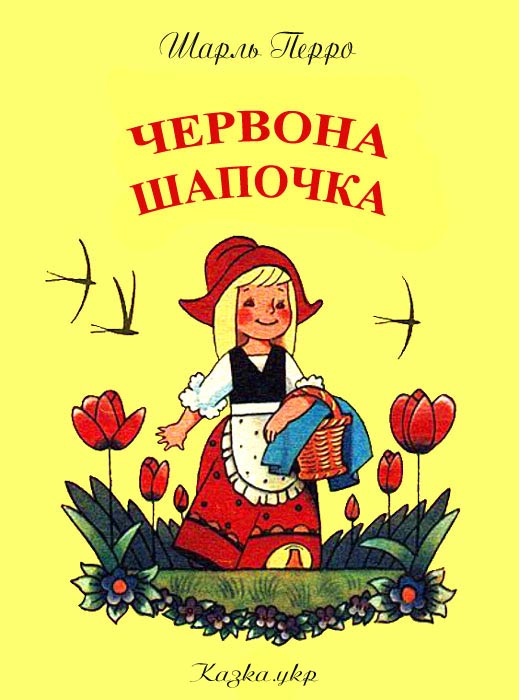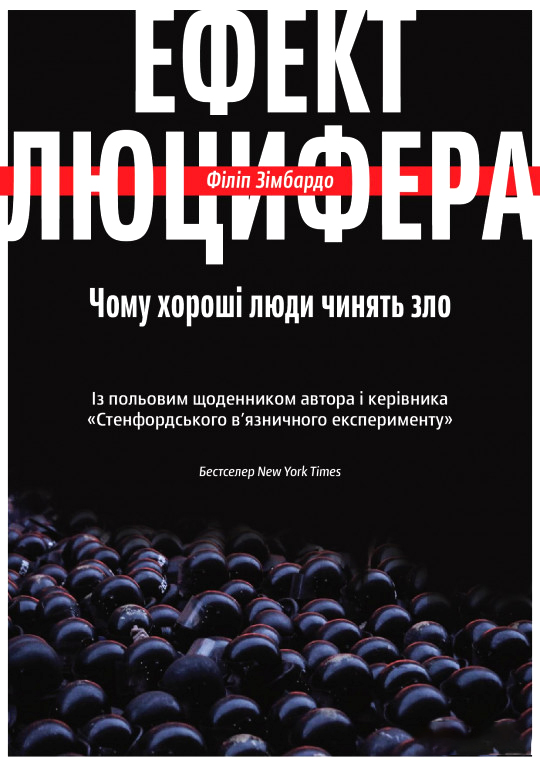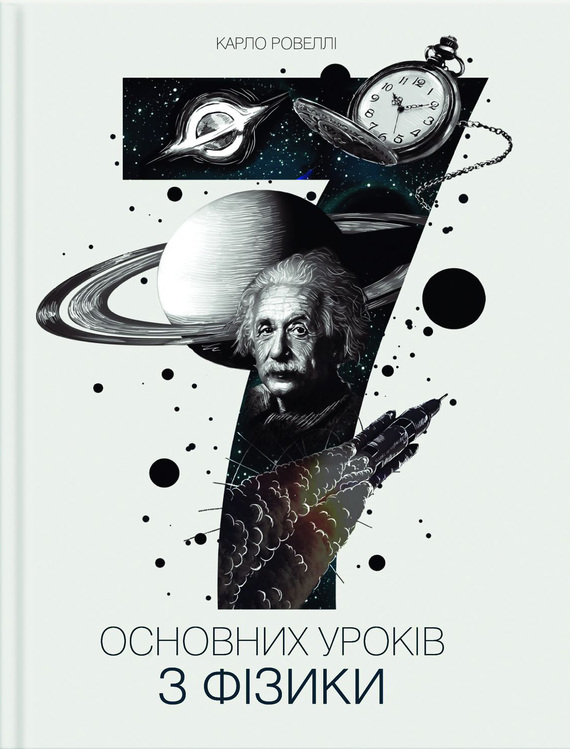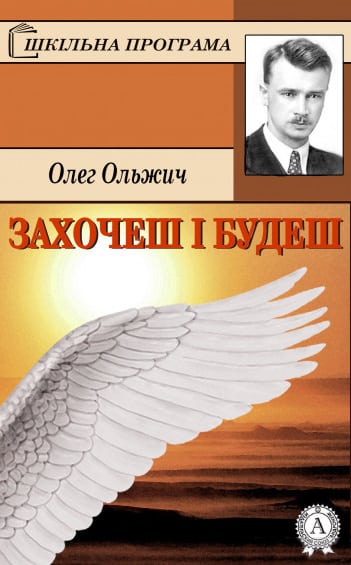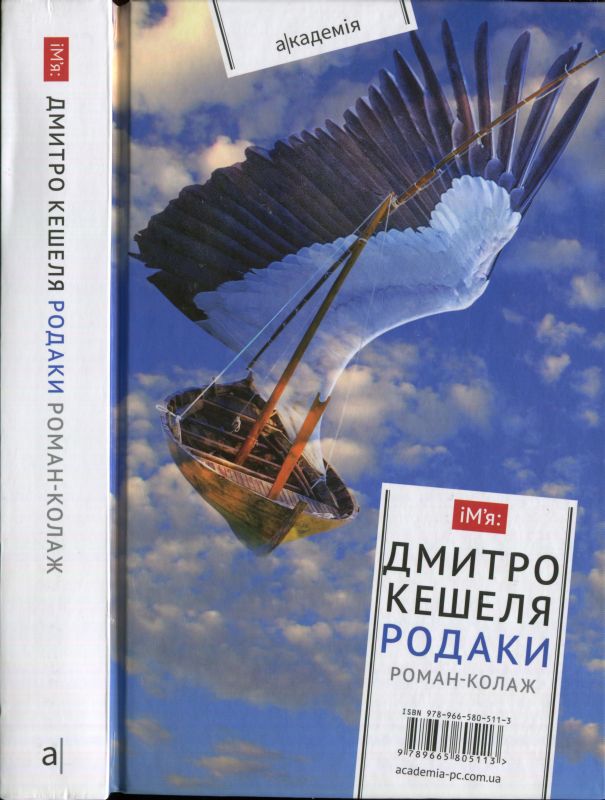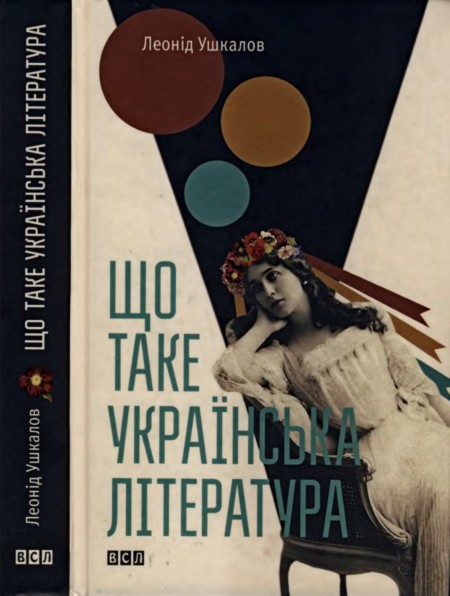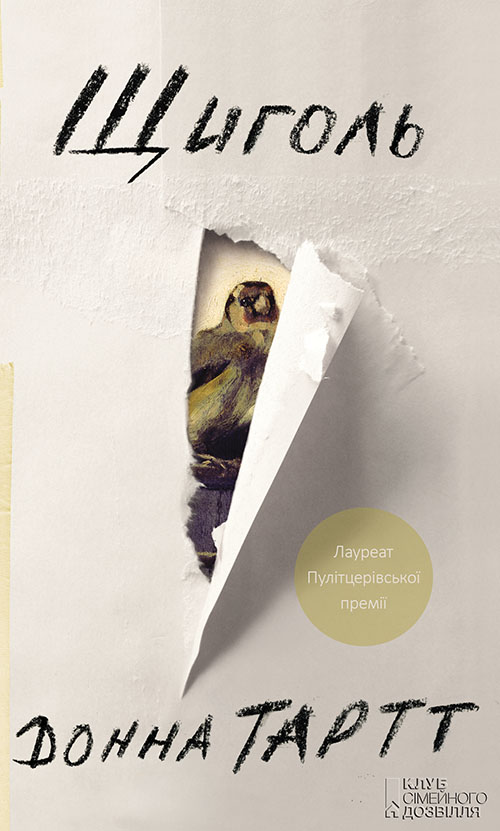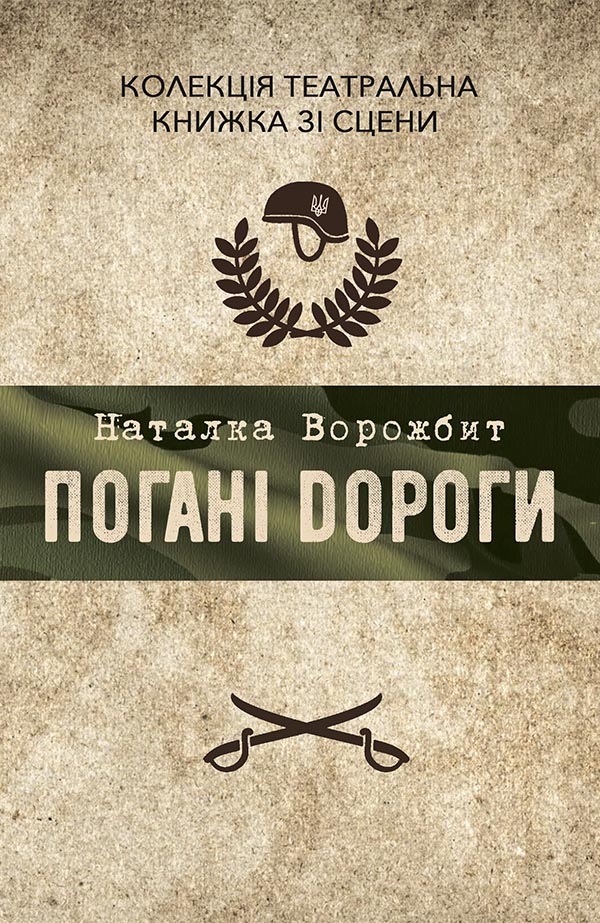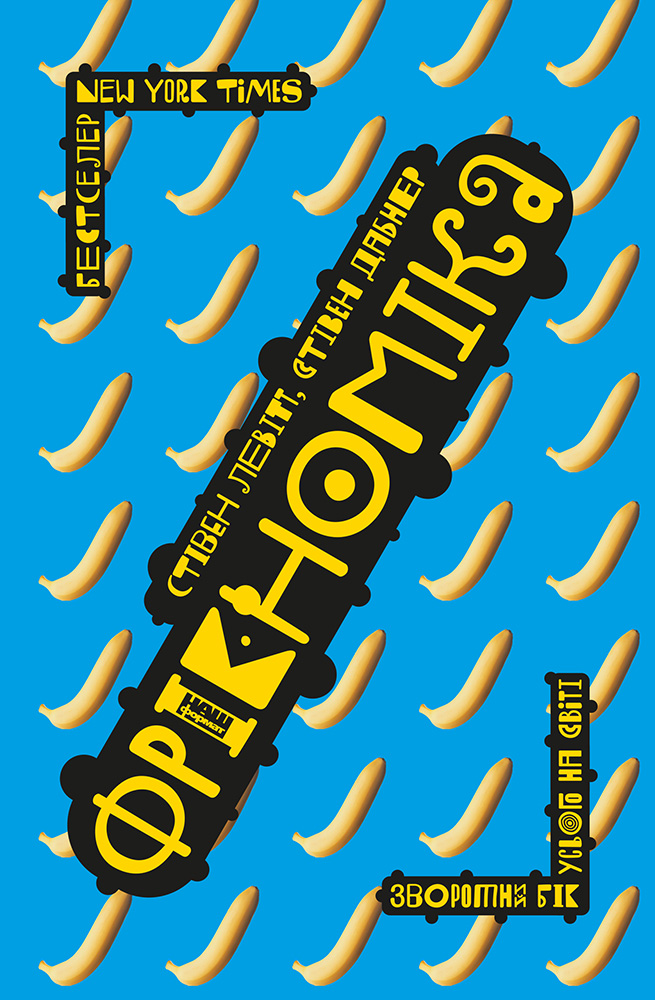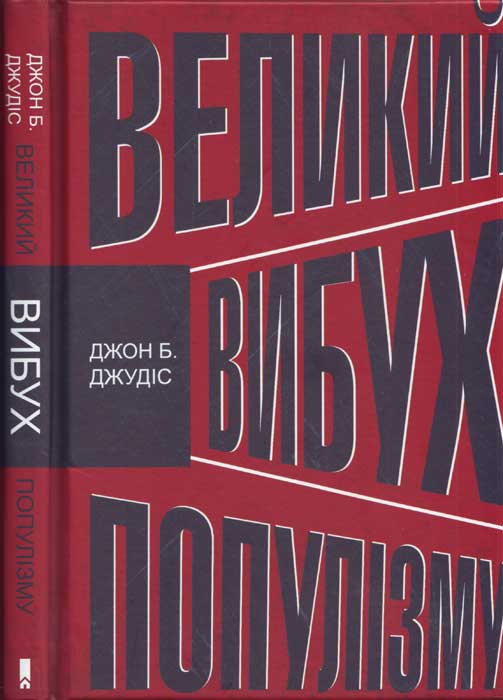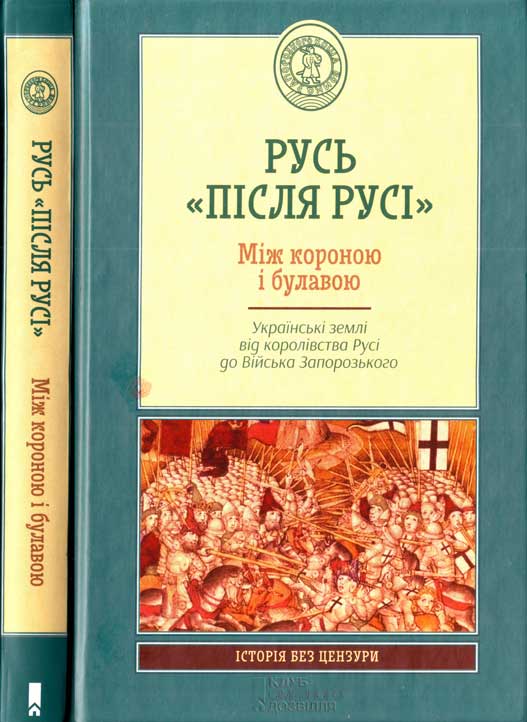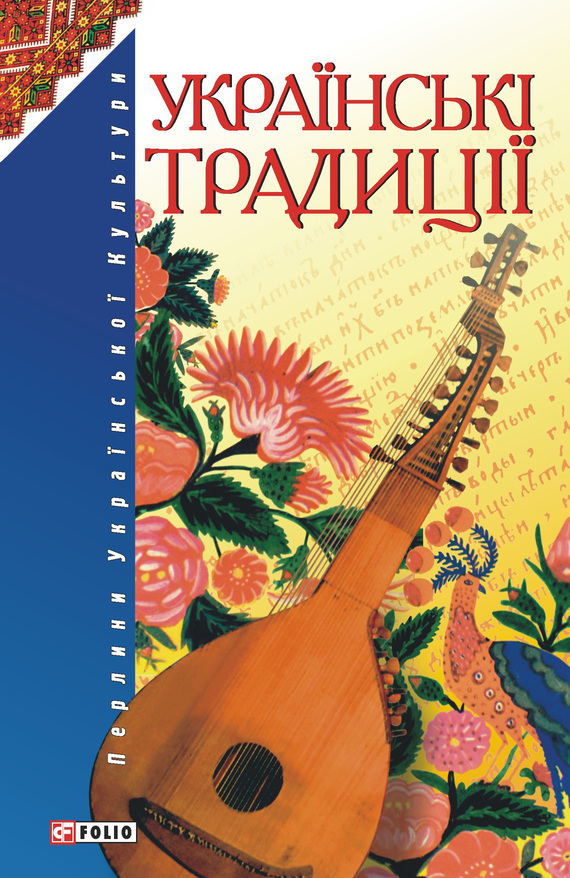Читати книгу - "Genghis Khan and the Making of the Modern World"
Шрифт:
Інтервал:
Додати в закладку:
For assistance in making travel arrangements and procuring equipment and supplies, I am indebted to T. Bold, Sh. Munhtsag, D. Tsetsegjargal, Sh. Batsugar, and T. Battulga. For additional travel from the United States, I appreciate the help of Douglas Grimes, Annie Lucas, and Angela Halonen-Webb.
Although no government grant or foundation fellowship was used for any part of this research, I was greatly assisted by Macalester College throughout the research. I particularly appreciate the librarians and staff in the DeWitt Wallace Library for finding texts from around the world. I gratefully acknowledge the many contributions of my colleagues: Daniel Balik, Mary Lou Byrne, Kay Crawford, Jimm Crowder, John Davis, Juanita Garciagodoy, Martin Gunderson, Arjun Guneratne, Gitta Hammarberg, Daniel Hornbach, David Itzkowitz, Manazh Kousha, David Lanegran, David McCurdy, Michael McPherson, Karen Nakamura, Kathleen Parson, Sonia Patten, Ahmed Samatar, Khaldun Samman, Dianna Shandy, Paul Solon, Anne Sutherland, and Peter Weisensel. Above all, I thank my students, who so good-heartedly tolerated my obsessions and who generously sought to help me in my work.
For additional help in various stages of the work, I appreciate the advice, assistance, and encouragement of Raydean Acevedo, Christopher Atwood, Brian Baumann, Naran Bilik, Daniel Buettner, Leah and Rodney Camper, Harm DeBlij, John Dinger, D. Enkhchuluun, Kevin Fagan, James Fisher, Ray Gatchalian, Zaida Giraldo, Tjalling Halbertsma, Ts. Jargalsaikhan, Walt Jenkins, Christopher Kaplonski, D. Khoroldamba, Philip Kohl, David McCullough, Navid Mohseni, Axel Odelberg, B. Otgonbayar, Lee Owens, Qi Yi, Marc Swartz, and Don Walsh.
I always appreciate the diligent efforts of my agent, Lois Wallace, who has worked with me for twenty-five years, and the help of James O. Wade, with whom I worked for as many years. For guidance in the long editorial process, I owe an immeasurable debt to the clear vision of my editors, Emily Loose and Christopher Jackson, as well as to Mary Vincent Franco and Lynn Olson.
Of all the gifts from the Mongols throughout the years of this project, none was more precious than the gift of song. When I was exhausted and struggling to catch up with other riders, someone would sing to give me strength. At the end of a long day, when we found refuge with a herding family, a young girl would stand before me and, although trembling in fear at the sight of such a foreign person and afraid to look me in the face, open her mouth widely to sing with such beauty and emotion that it seemed surely time itself would stand still.
Gradually, I realized that the songs were more than entertainment or diversions; they contained a wealth of valuable information and offered deep insights into Mongolian culture and history. Because of their life of constant movement, nomads such as the Mongols must carry their books and pictures with them in the form of song. Mongolian music records and maps the landscape of their land, not merely in words, but in the rising and falling of notes corresponding to the flow of the land itself. The morin huur, or horsehead fiddle, usually played by a man, can make the sound of birds and animals, and the long-song singer, usually a woman, can call up the landscape of distant places with the special skill of her voice. Examples of many of these were compiled through numerous years of research by Carole Pegg and made available on a compact disc as part of her scholarly study, Mongolian Music, Dance, and Oral Narrative.
Even when I was away from Mongolia, people sent me videos and recordings of Mongolian music to inspire my work. Since the gifts often came anonymously, I now wish to thank all of them here. I appreciate the morin huur recordings of Ts. Purevkhuu and D. Ariunaa and the incredible singing of N. Norovbansad, the greatest Mongol singer of the twentieth century. In addition to the inspiration found in the music of D. Jargalsaikhan and the group Chinggis Khaan, my work also benefited from the talents of Altai-Hangai, Black Horse, Black Rose, Khonkh, Tenger Ayalguu, and Tumen Ekh. More than all the words in any book, the music of N. Jantsannorov, one of the world’s greatest composers, paints the beauty of the Mongolian landscape and portrays the passions of its history.
My son, Roy Maybank, assisted me on one of my trips to Mongolia and China, and, throughout the research, I greatly benefited from the encouragement and help of my daughter, Walker Buxton. My greatest debt is to my wife, Walker Pearce, who not only helped me in the field in Russia, China, and Mongolia but was a source of constant inspiration and humor throughout the six years of the project. I look forward to the day when she and I will ride with our grandchildren across the steppes of Genghis Khan.
About the Author
JACK WEATHERFORD is the Dewitt Wallace Professor of Anthropology at Macalester College in St. Paul, Minnesota. He earned his Ph.D. at the University of California, San Diego, and he received an honorary Doctorate of Humanities from Chinggis Khaan College in Mongolia. Other books include
Indian Givers, Savages and Civilization,
and
The History of Money.
ALSO BY THE AUTHOR
History of Money
Savages and Civilization
Native Roots
Indian Givers
Tribes on the Hill
Also by Jack Weatherford
0-609-80172-4 • $13.00 paperback
From primitive man’s cowrie shells to the electronic cash card .
Увага!
Сайт зберігає кукі вашого браузера. Ви зможете в будь-який момент зробити закладку та продовжити читання книги «Genghis Khan and the Making of the Modern World», після закриття браузера.
